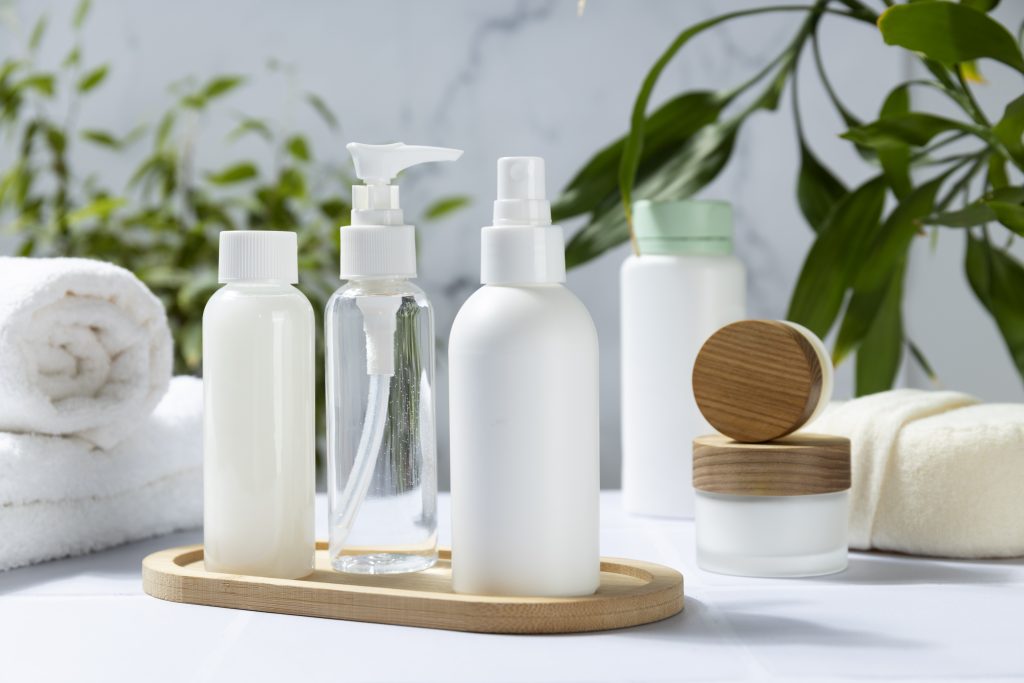Personalized Hair Care: How OEM Solutions Are Transforming the Industry

In today’s beauty industry, personalization and innovation have become the cornerstones of success. As consumers grow increasingly conscious about what they apply to their hair, brands are shifting from mass production to more tailored approaches. This shift has given rise to a significant trend in the beauty sector—OEM hair care solutions. Original Equipment Manufacturing (OEM) has become an integral part of how modern hair care brands develop, produce, and distribute their customized products efficiently and competitively.
Understanding the Concept of OEM in Hair Care
OEM hair care refers to the process where a manufacturer produces hair care products according to the specifications, formulations, and branding requirements of another company. In simple terms, it allows brands to collaborate with specialized manufacturers to create unique shampoos, conditioners, serums, masks, and styling products under their own labels. Instead of building expensive production facilities, brands rely on OEM partners that have the expertise, equipment, and research capabilities to deliver premium-quality results.
This business model is particularly appealing for emerging and mid-sized brands that want to enter the market quickly with minimal overhead costs. By leveraging OEM partnerships, they can focus on brand building, marketing, and customer engagement while leaving the complex production process to experienced professionals.
The Growing Demand for Personalization in Hair Care
In the last decade, consumer expectations have changed drastically. Modern customers no longer settle for one-size-fits-all hair products. Instead, they look for solutions that cater to their specific hair types, textures, and concerns. Whether it’s combating frizz, promoting hair growth, protecting color-treated hair, or providing deep hydration, personalization has become the key differentiator.
OEM hair care manufacturers have recognized this shift and now offer brands the flexibility to develop customized formulations. These formulations often include unique blends of natural ingredients, essential oils, proteins, and botanical extracts designed to meet the evolving demands of diverse consumers. This personalized approach allows brands to position themselves as experts in providing effective and tailored hair care solutions.
Innovation and Technology Driving OEM Hair Care
Technology plays a vital role in the growth of OEM hair care solutions. With advancements in research and development, manufacturers can now create formulations that are more effective, sustainable, and safe. Many OEM partners have state-of-the-art laboratories equipped with testing equipment that ensures every product meets global safety and performance standards.
AI-driven formulation systems, ingredient tracking software, and data analytics are also being used to enhance the precision of customization. For example, AI can analyze consumer data to identify trends in hair care preferences, helping brands develop targeted products for specific markets. Moreover, new technologies like microencapsulation and nanotechnology are revolutionizing product performance, improving ingredient delivery and absorption.
Sustainability: A Core Focus of Modern OEM Hair Care
The global movement toward sustainability has deeply influenced the OEM hair care industry. Both consumers and brands are becoming increasingly eco-conscious, demanding clean, cruelty-free, and environmentally responsible products. OEM manufacturers have responded by offering sustainable options—from biodegradable packaging to plant-based ingredients and energy-efficient production methods.
Brands can now choose to partner with OEM manufacturers that share their ethical values. This collaboration enables the creation of products that not only perform well but also align with global sustainability goals. For example, many OEM producers use recyclable containers, organic formulations, and water-saving production systems, reducing the overall environmental impact of the hair care industry.
Advantages of Choosing OEM Hair Care Solutions
Cost Efficiency and Time Savings
Developing a hair care line from scratch requires significant investment in research, formulation, testing, and equipment. OEM partnerships eliminate much of this burden. Manufacturers already possess the necessary infrastructure, allowing brands to launch products faster and more affordably.
Access to Expertise
OEM hair care manufacturers employ chemists, product developers, and quality assurance teams who specialize in hair care innovation. Their deep understanding of market trends, ingredient compatibility, and regulatory compliance ensures that every product meets professional standards.
Scalability and Flexibility
Another major benefit of OEM hair care production is scalability. Brands can start small with limited production runs and gradually scale up as demand increases. This flexibility allows businesses to test market response without committing to massive upfront costs.
Brand Differentiation
Through OEM customization, brands can develop signature scents, textures, and formulas that stand out in the crowded beauty market. This uniqueness helps establish strong brand identities and customer loyalty.
The Role of Private Labeling in OEM Hair Care
Private labeling has become a dominant strategy within the OEM ecosystem. It allows retailers, salons, and influencers to create exclusive hair care lines without directly engaging in production. By collaborating with an OEM partner, they can select from a catalog of proven formulations or request customized products that reflect their brand vision.
This approach is particularly popular among boutique beauty brands and salon owners who want to expand their business with personalized offerings. Private label OEM hair care not only boosts revenue streams but also enhances brand credibility by offering professional-grade products under their own name.
Meeting Global Regulatory Standards
One of the key challenges in the hair care industry is compliance with international safety and labeling regulations. OEM manufacturers handle these complexities on behalf of brands, ensuring all products adhere to the required standards in each target market. From ingredient approvals to labeling and packaging compliance, OEM experts manage every step meticulously.
This expertise is invaluable for brands planning to enter multiple markets, as regulations often vary between regions such as the EU, North America, and Asia. By partnering with experienced OEM providers, companies can confidently expand their global presence without risking non-compliance issues.
The Influence of Market Trends on OEM Hair Care
Trends such as clean beauty, gender-neutral products, and scalp health have significantly shaped OEM innovation. Manufacturers are increasingly focusing on creating formulas free from sulfates, parabens, and silicones to cater to the growing clean beauty movement. Similarly, the rise of men’s grooming and gender-inclusive hair care lines has opened new avenues for customization.
Scalp-focused products, often enriched with probiotics, caffeine, or botanical extracts, are another emerging trend driving OEM demand. Consumers are beginning to view scalp care as the foundation of healthy hair, leading brands to collaborate with OEM experts to develop targeted treatments.
Challenges Facing the OEM Hair Care Industry
Despite its advantages, OEM hair care manufacturing is not without challenges. One major concern is maintaining brand uniqueness when multiple companies use the same OEM supplier. To avoid this, brands must work closely with manufacturers to create exclusive formulations and designs.
Additionally, supply chain disruptions, ingredient shortages, and fluctuating raw material costs can affect production timelines and pricing. To mitigate these issues, OEM manufacturers are investing in diversified sourcing strategies and building local supply networks to ensure consistent operations.
The Future of OEM Hair Care
The future of the OEM hair care industry is bright and innovation-driven. As the demand for customized and sustainable beauty products continues to rise, OEM manufacturers are expected to evolve further. The integration of biotechnology, AI, and green chemistry will redefine how products are developed and delivered to consumers.
Moreover, the relationship between brands and OEM manufacturers will become more collaborative, with both parties contributing insights and innovations. This partnership model will lead to more creative product launches and faster adaptation to market trends.
Conclusion
Customization has redefined the beauty industry, and OEM hair care solutions have emerged as the driving force behind this transformation. By combining scientific expertise, advanced technology, and flexibility, OEM partnerships empower brands to create tailored, sustainable, and high-performance products that resonate with today’s conscious consumers. As the pursuit of individuality and innovation continues to grow, OEM hair care stands at the forefront of shaping the next era of personalized beauty.





